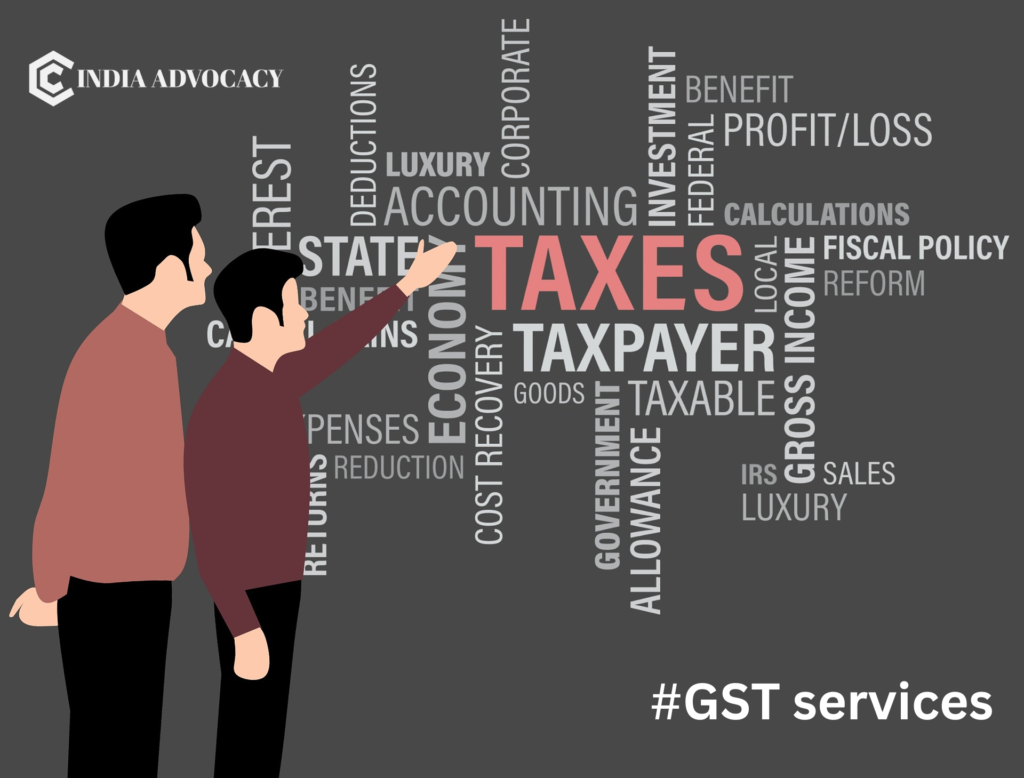
Driving Forces Behind GST’s Importance
Goods and Services Tax (GST) is a monumental tax reform targeted at rationalizing the indirect taxation system within a nation. It replaces an intricate network of indirect taxes like sales tax, service tax, excise duty, etc., with a unified tax structure, thereby simplifying the tax framework and enhancing efficiency. Several factors underline the importance of GST:
Economic Growth: GST plays a pivotal role in bolstering economic growth by facilitating ease of conducting business. It simplifies tax compliance for businesses, curtails tax evasion, and establishes a level playing field for all enterprises, be they large corporations or small ventures. Consequently, this attracts more investments, spurs entrepreneurship, and catalyzes overall economic activity.
Elimination of Cascading Effect: A fundamental aspect of GST is the eradication of the cascading effect of taxes. In the previous tax regime, taxes were imposed at multiple stages of production and distribution, resulting in a tax-on-tax scenario. GST ensures that taxes are levied solely on the value addition at each stage of the supply chain, thereby averting the cascading effect and diminishing the overall tax burden on the end consumer.
Enhanced Tax Revenues: GST broadens the tax base by integrating previously unregistered businesses into the formal economy. Through enhanced compliance and superior enforcement mechanisms, GST culminates in augmented tax revenues for the government, which can subsequently be allocated towards various developmental endeavors such as infrastructure development, healthcare, education, etc.
Simplicity and Transparency: GST simplifies the tax landscape by substituting multiple indirect taxes with a singular tax, rendering it more comprehensible for taxpayers to adhere to tax laws. Furthermore, the online GST portal furnishes a transparent tax administration system, mitigating corruption and ensuring accountability in the tax collection process.
Competitiveness in Global Markets: By mitigating production and logistics costs, GST amplifies the competitiveness of domestic goods and services in the global market. It also facilitates the seamless transit of goods across state borders, fostering interstate trade and market integration.
In essence, GST is pivotal for propelling economic growth, refining tax efficacy, augmenting transparency, and nurturing competitiveness, thereby contributing to the holistic development of the economy.
![]()




